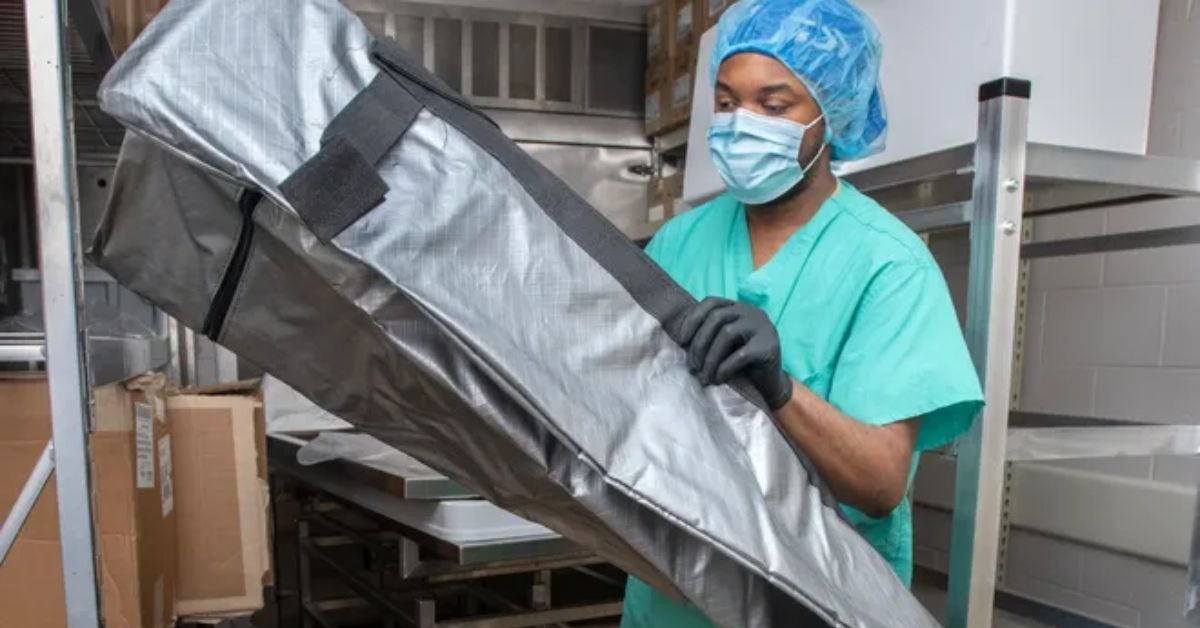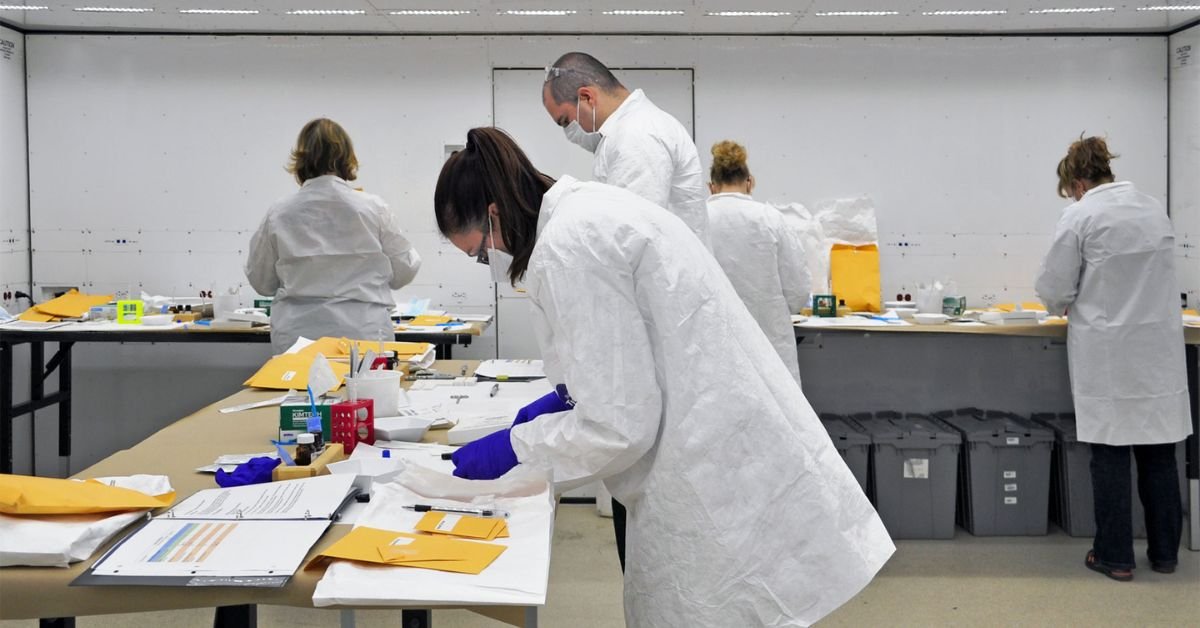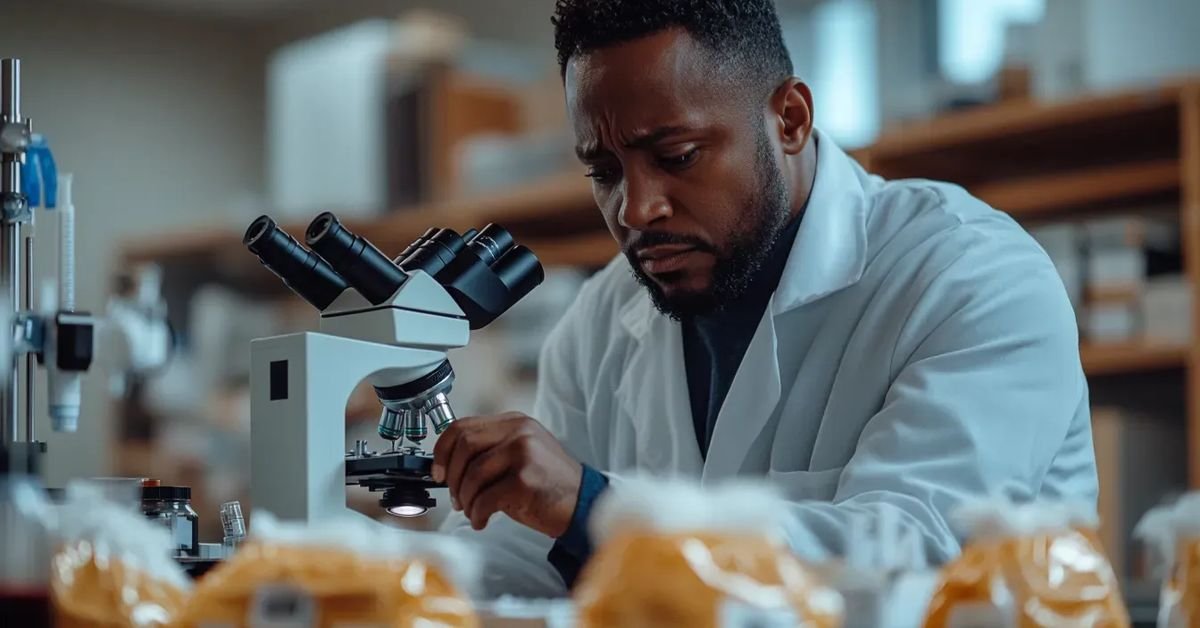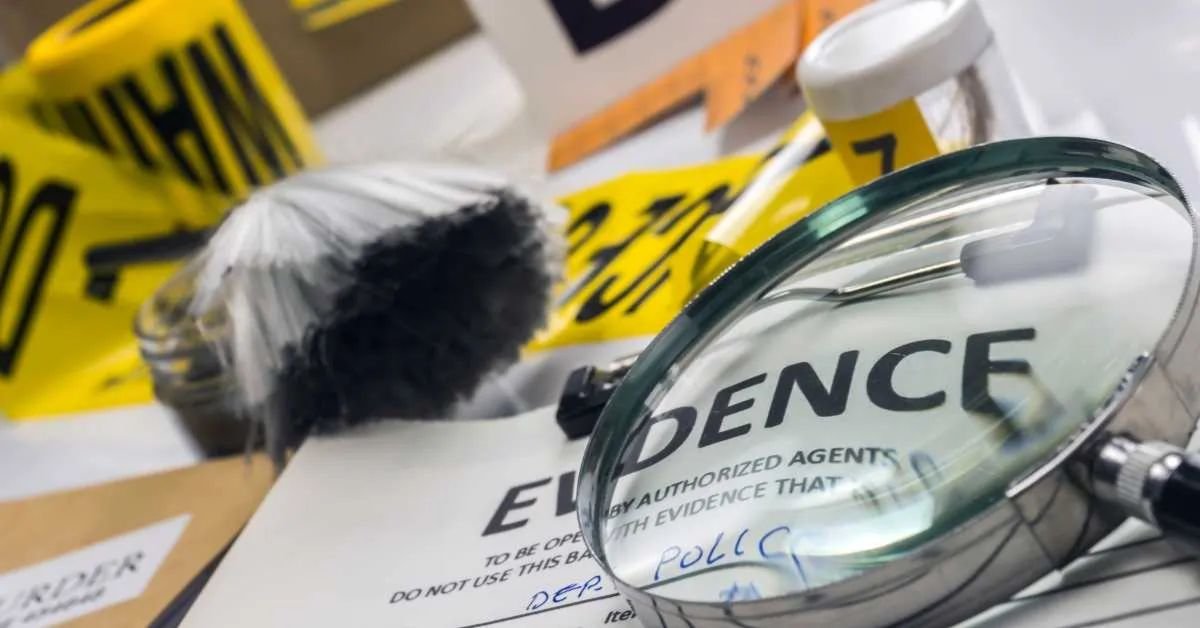The role of a District Medical Examiner (DME) in Florida is critical to ensuring the integrity of the state’s criminal justice system. District Medical Examiners are responsible for investigating deaths that occur under suspicious, violent, or unexplained circumstances. They determine the cause and manner of death, provide expert testimony in court, and collaborate closely with law enforcement agencies to ensure a thorough and accurate investigation.
This article delves into the various responsibilities, qualifications, salary expectations, and organizational structure surrounding the role of District Medical Examiners in Florida.
Key Roles and Responsibilities of District Medical Examiners in Florida
1. Conducting Death Investigations
One of the primary responsibilities of a District Medical Examiner in Florida is to investigate deaths that fall under certain circumstances, such as those caused by violence, accidents, or suspicious activity. These investigations may involve crime scene analysis, interviewing witnesses, and reviewing the deceased’s medical records. The DME’s thorough investigation ensures that all evidence is considered and that the cause of death is accurately determined.
2. Performing Autopsies
Performing autopsies is perhaps the most well-known responsibility of a District Medical Examiner. Autopsies are essential for uncovering the cause of death, especially when the death is due to violence or unexplained factors. During an autopsy, the DME examines the body for signs of trauma, collects tissue and fluid samples for further analysis, and identifies any contributing factors that led to the individual’s death.
Autopsy findings are critical in identifying whether the death was caused by an injury, illness, poisoning, or other factors. These findings are also central to legal cases, providing valuable information in both criminal and civil litigation.
3. Cause and Manner of Death Determination
After completing an autopsy, the District Medical Examiner determines both the cause of death (the medical reason for the death, such as trauma, disease, or poisoning) and the manner of death (whether the death was natural, accidental, homicidal, suicidal, or undetermined). This determination can significantly influence the course of legal and criminal investigations, as well as provide closure to families and communities.
4. Collaborating with Law Enforcement
District Medical Examiners work closely with law enforcement officials in Florida, especially in criminal cases. Their expertise in the field of forensic pathology is crucial for solving cases related to homicide, drug overdoses, and other suspicious deaths. A DME’s findings help law enforcement identify suspects, collect evidence, and ensure that death investigations are properly handled and documented. Collaboration between medical examiners and law enforcement officers is vital for ensuring accurate and effective crime-solving.
5. Testifying in Court
A key aspect of a District Medical Examiner’s role is to testify in court as an expert witness. In cases where a death is subject to legal scrutiny, the DME’s autopsy results and professional opinions are often required to help establish facts in court. Their testimony can help clarify the cause and manner of death, provide scientific insights, and contribute to the resolution of legal disputes, especially in criminal cases.
6. Ensuring Comensic Pathology Services
In some of Florida’s larger districts, District Medical Examiners are responsible for managing the day-to-day operations of the medical examiner’s office. This includes overseeing the work of forensic pathologists, pathologist assistants, and support staff. Managing the resources and operations of the office ensures that investigations are efficient, effective, and in line with state standards.
Educational and Certification Requirements for District Medical Examiners
Becoming a District Medical Examiner in Florida requires extensive education, training, and certification. Below is a summary of the educational and professional requirements for this role:
1. Medical Degree
To become a District Medical Examiner, candidates must first obtain a Doctor of Medicine (M.D.) or Doctor of Osteopathic Medicine (D.O.) degree from an accredited medical school. This typically involves four years of medical school after completing a bachelor’s degree.
2. Residency and Fellowship
After completing medical school, candidates must complete a residency program in pathology, followed by a fellowship in forensic pathology. These specialized programs provide hands-on training in the examination of bodies, understanding of the legal aspects of death investigations, and skills in conducting autopsies.
3. Board Certification
Once the residency and fellowship are completed, a District Medical Examiner must become board-certified in forensic pathology by the American Board of Pathology (ABP). Board certification demonstrates that the DME has met the necessary standards and has the expertise required to conduct forensic death investigations.
4. Licensing
District Medical Examiners must hold a valid medical license to practice in Florida. They must comply with the requirements set by the Florida Board of Medicine, including maintaining an active license and completing continuing education to stay updated with advancements in forensic pathology.
5. Continuing Education and Professional Development
As forensic pathology is an evolving field, District Medical Examiners must engage in ongoing professional development. This includes attending seminars, workshops, and conferences to remain current with advancements in technology, methodologies, and legal requirements related to death investigations.
Salary and Career Outlook for District Medical Examiners in Florida
District Medical Examiners in Florida are well-compensated for their specialized work. Salaries can vary based on experience, location, and district size. On average, medical examiners in Florida earn between $150,000 and $250,000 annually. More experienced District Medical Examiners or those working in larger districts may earn higher salaries.
As for career prospects, the demand for forensic pathologists is expected to grow significantly due to advancements in forensic science, increasing criminal investigations, and the growing need for expert testimony in court. According to the U.S. Bureau of Labor Statistics, the employment of forensic science technicians, including medical examiners, is expected to grow 14% from 2021 to 2031, a much faster growth rate than the average for other occupations.
Salary Breakdown for District Medical Examiners in Florida
The salary for District Medical Examiners varies depending on the level of experience, geographic location, and the specific district in which they work. Below is a summary of typical salary ranges for DMEs across Florida:
| Category | Salary Range (Annual) | Notes |
|---|---|---|
| Entry-Level District Medical Examiners | $150,000 – $180,000 | 0-5 years of experience, typically in smaller districts. |
| Mid-Career District Medical Examiners | $180,000 – $220,000 | 5-10 years of experience, board-certified in forensic pathology. |
| Senior District Medical Examiners | $220,000 – $250,000+ | Over 10 years of experience, with possible supervisory roles. |
| Top 10% of District Medical Examiners | $250,000+ | Senior professionals with advanced expertise and leadership positions. |
| Miami/Fort Lauderdale Area | $210,000 – $250,000 | Higher salaries due to demand and cost of living in urban areas. |
| Other Areas of Florida | $150,000 – $190,000 | Smaller regions offer lower salaries, but have a lower cost of living. |
Conclusion
District Medical Examiners in Florida play an essential role in the state’s legal and forensic systems. Their work, which includes investigating deaths, performing autopsies, determining the cause and manner of death, and providing expert testimony in court, is critical to ensuring that justice is served. The Florida Medical Examiners Commission (FMEC) provides the structure and oversight for District Medical Examiners, ensuring that they operate with high professional standards.
The profession requires significant education, training, and certification, but offers competitive salaries and long-term career opportunities. As the demand for forensic expertise grows, District Medical Examiners will continue to be in high demand, contributing significantly to public health, safety, and the criminal justice system in Florida.
References
- Florida Medical Examiners Commission (FMEC)—Overview of Medical Examiner Offices in Florida. Retrieved from: https://www.floridahealth.gov
- U.S. Bureau of Labor Statistics (BLS) – Forensic Science Technicians: https://www.bls.gov/ooh/life-physical-and-social-science/forensic-science-technicians.htm
- Florida Department of Health – Medical Examiner Program. Retrieved from: https://www.floridahealth.gov










